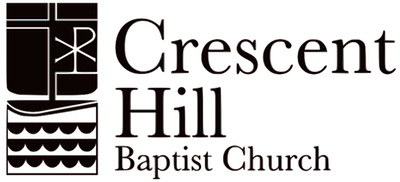April 24, 2011 - Easter
"From Fear to Courage"
W. Gregory Pope, preaching
Click arrow to listen
Eastertide Series: Practice Resurrection
Matthew 28:1-10, 16-20
It is the story too good not to be true.
Without it, the world makes no sense to me.
The first day of the week was dawning.
It was the first day of a new creation.
Mary Magdalene and the other Mary are on their way to see the tomb where Jesus has been laid.
Suddenly there is a great earthquake.
An angel of the Lord comes and rolls back the stone,
and is sitting upon it when the women arrive.
The angel’s appearance is like lightning, clothing white as snow.
The guards, afraid of the angel, experience their own “body-quake” and become like dead men.
Turning toward the women as they arrive
the angel says what angels always seem to say: Be not afraid.
It is God’s most oft repeated word to us in scripture.
Not “be holy” or “be good” or “sin not.”
But “fear not; do not be afraid.”
